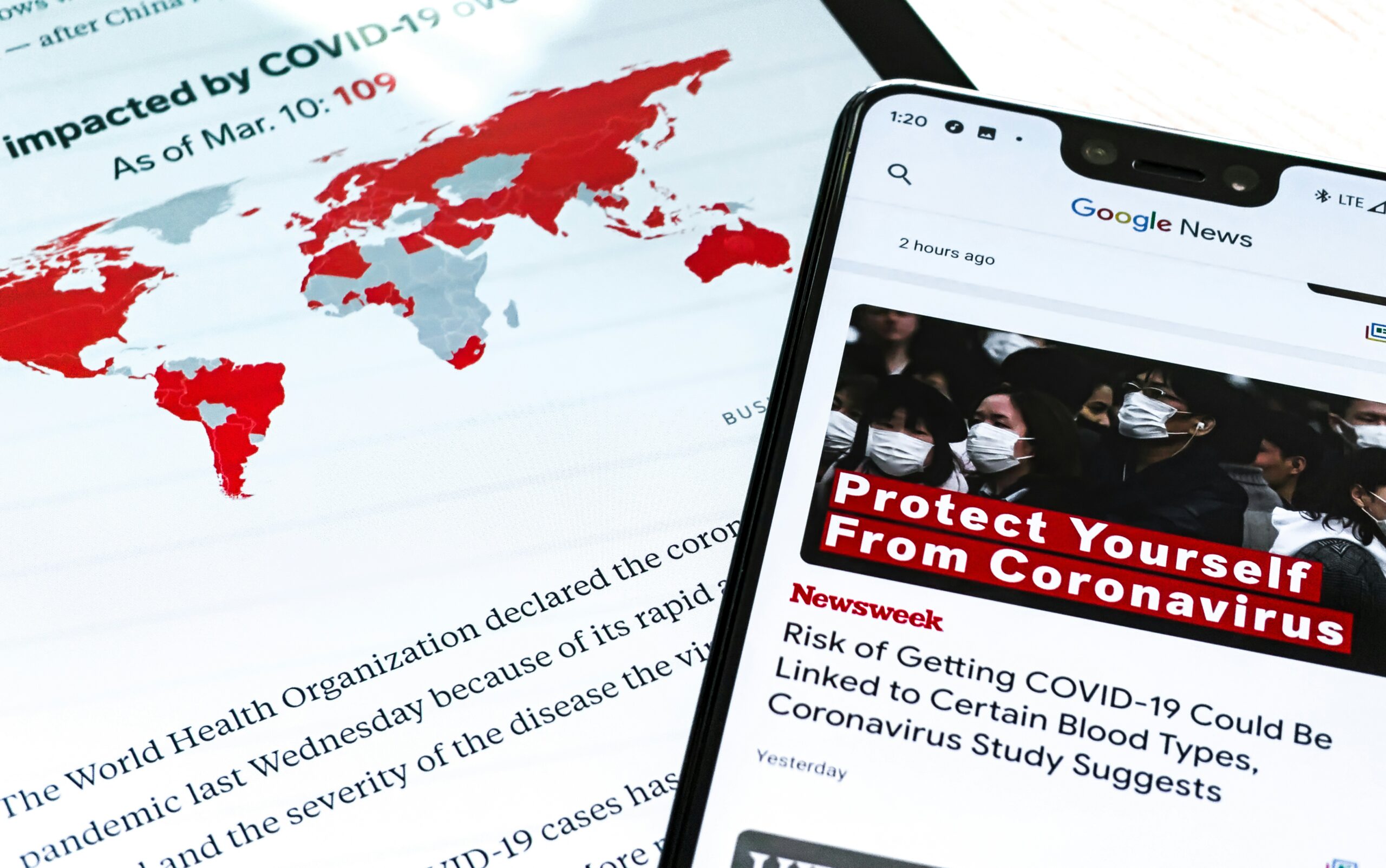In a crisis, it’s natural to want to lay low and avoid drawing attention to yourself. But have you ever wondered what strategies can actually be effective in helping you fly under the radar? In this article, we’ll explore various practical tips and techniques that can help you navigate through a crisis without attracting unwanted attention. Whether it’s keeping a low profile, blending in with the crowd, or keeping your emotions in check, we’ve got you covered with these effective strategies. So, if you’re ready to learn how to stay undetected in a crisis, read on!
Effective Strategies for Avoiding Detection in a Crisis
In times of crisis, it is important to be able to navigate through dangerous situations without drawing attention to yourself. Whether you are trying to escape a hostile environment or simply maintain a low profile, there are several effective strategies you can employ. By adopting these techniques, you can increase your chances of avoiding detection and ensuring your safety. In this article, we will explore various strategies that can help you maintain a low profile, blend in with your surroundings, avoid surveillance, and establish secure communication channels, among other important aspects. By being prepared and proactive, you can better protect yourself during uncertain times.
Maintaining a Low Profile
One of the most effective strategies for avoiding detection in a crisis is to maintain a low profile. This means avoiding any activities or behaviors that might attract attention. It is important to limit your movements and stay away from crowded areas or areas known to be frequented by security forces or criminals. Additionally, avoid displaying any valuable possessions or expensive jewelry that might make you a target. Dressing simply and inconspicuously can also help you blend in with the general population, making it less likely that you will stand out or draw unwanted attention.
Blending In with the Surroundings
Blending in with the surroundings is another important strategy to consider when trying to avoid detection during a crisis. Take note of the local culture, customs, and dress code and try to conform to them as much as possible. Observing and mimicking the behavior of those around you can also help you avoid suspicion. For example, if you are in an area where people are speaking a different language, try to learn a few basic phrases and imitate their manner of speaking. By assimilating into the local environment, you can decrease the chances of being identified as an outsider.

Using Disguises and Altered Appearances
In certain situations, using disguises or altering your appearance can be effective in avoiding detection. Simple changes such as wearing a hat, sunglasses, or a different hairstyle can significantly alter your appearance. You can also consider using temporary hair dyes, fake facial hair, or altering your clothing style to help you blend in better. It is crucial to have a variety of disguises and alter your appearance regularly to avoid being recognized if you are being actively pursued. However, it is important to note that using disguises should be done with caution and only when absolutely necessary, as not all situations may call for this level of change.
Avoiding Electronic Surveillance
In today’s digitally connected world, it has become increasingly important to be mindful of electronic surveillance. Governments, organizations, and individuals may use various electronic means to track and monitor individuals. To avoid electronic surveillance, it is essential to understand and practice good digital hygiene. This includes regularly updating your devices and software, using strong and unique passwords, avoiding suspicious websites and downloads, and staying informed about potential vulnerabilities. Additionally, utilizing encryption tools and secure communication channels can further enhance your privacy and reduce the likelihood of being tracked electronically.

Minimizing Digital Footprints
In addition to avoiding electronic surveillance, it is equally important to minimize your digital footprints during a crisis. This means being careful about the information you share online and being mindful of your online presence. Limit the personal information you disclose on social media platforms and adjust your privacy settings to restrict access to your profile. Be cautious about using public Wi-Fi networks as they can be vulnerable to hackers. Deleting unnecessary emails, clearing browsing history, and regularly updating your online accounts can all help minimize the digital traces you leave behind.
Utilizing Counter-Surveillance Techniques
When in a crisis, it is crucial to be aware of and detect any surveillance being conducted on you. By employing counter-surveillance techniques, you can identify and potentially evade any unwanted monitoring. Be attentive to any suspicious individuals or behaviors that may suggest surveillance. Vary your routes and routines to make it harder for someone to track your movements. Use reflective surfaces to discreetly observe your surroundings and identify any potential threats. In some cases, you may also consider using decoy tactics to confuse or deter those who may be monitoring you.

Securing and Encrypting Communication
During a crisis, secure and encrypted communication is vital to ensure the confidentiality and integrity of your messages. Depending on the level of security required, there are various tools and technologies available to protect your communication channels. Encrypted messaging apps, Virtual Private Networks (VPNs), and secure email services can help safeguard your conversations and sensitive information. It is important to research and choose reputable services that have a strong track record in privacy and security. Regularly update your passwords and encryption keys, and be cautious about who you share your communication channels with.
Establishing Safe Meeting Locations
In situations where communication is restricted or dangerous, establishing safe meeting locations can be essential. Identify discreet and secure locations where you can gather with trusted individuals, such as friends, family, or fellow crisis survivors. These locations should be easily accessible, yet not easily recognizable to outsiders. Consider using landmarks, coded messages, or other discrete methods to convey the exact meeting point to avoid potentially compromising the location. Regularly review and update these meeting locations to adapt to changing circumstances and increased security awareness.
Maintaining an Emergency Evacuation Plan
Preparing for the possibility of an emergency evacuation is crucial in crisis situations. Have a well-thought-out evacuation plan in place that includes multiple exit routes and safe meeting points. Familiarize yourself with the local evacuation procedures and protocols. Ensure that all members of your group or family are aware of the plan and understand their roles and responsibilities. Practice evacuation drills regularly to ensure everyone is well-prepared and comfortable with the procedures. By having a comprehensive evacuation plan, you can increase your chances of escaping dangerous situations efficiently and safely.
Preparing for Uncertainty
In any crisis, it is essential to expect the unexpected and be prepared for uncertainty. Have a well-stocked emergency supply kit that includes essential items such as food, water, medications, and communication devices. Stay informed about the current situation through reliable sources of information, but also maintain a healthy level of skepticism. Consider developing multiple contingency plans based on different scenarios and be adaptable to changing circumstances. Being mentally prepared and having an adaptable mindset can greatly increase your ability to respond effectively and stay safe in unpredictable situations.
Conclusion
When faced with a crisis, it is crucial to have effective strategies in place to avoid detection and ensure your safety. By maintaining a low profile, blending in with your surroundings, utilizing disguises, avoiding electronic surveillance, minimizing digital footprints, practicing counter-surveillance, securing communication, establishing safe meeting locations, maintaining an emergency evacuation plan, and being prepared for uncertainty, you can significantly enhance your ability to navigate through crises without drawing unwanted attention. However, it is important to remember that every situation is unique, and these strategies should be adapted to fit the specific circumstances. Stay vigilant, stay adaptable, and prioritize your safety above all else.

